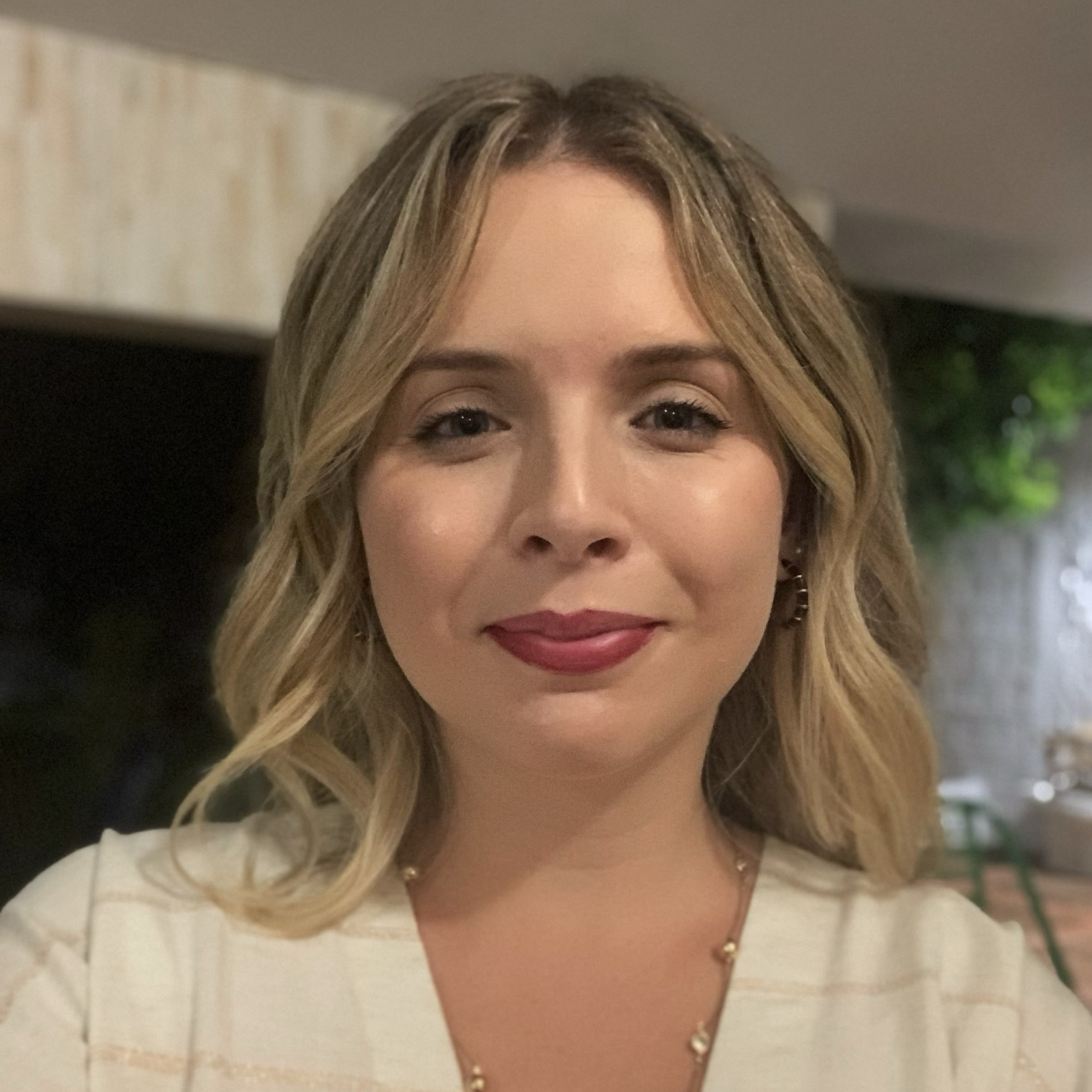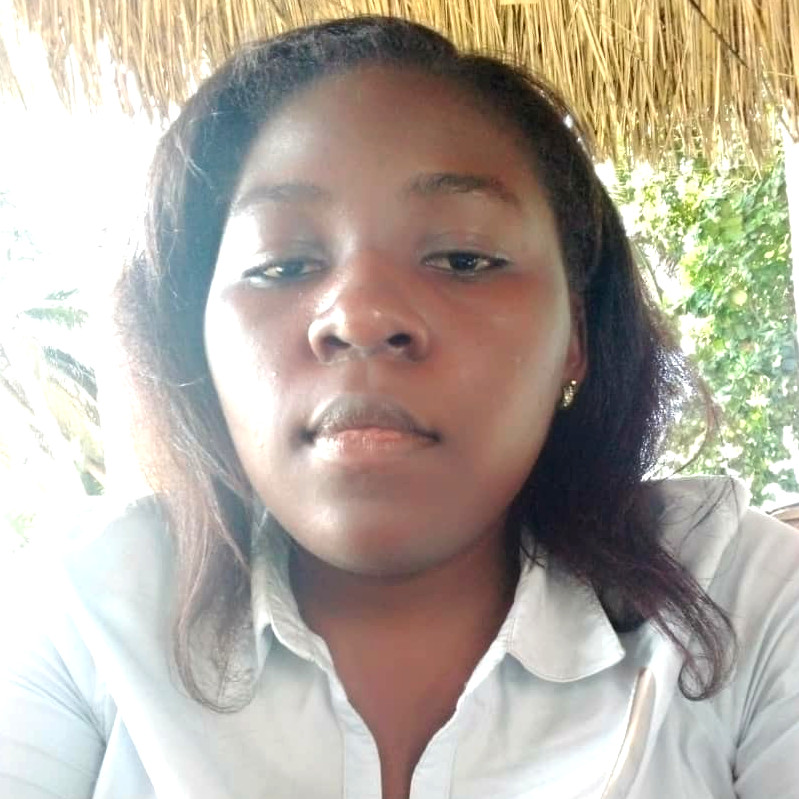“Youth leadership is crucial in an era of shifting powers and realities, as they are not constrained by the boundaries of how things “should be” or confined by the phrase “this is how it’s always been done.” Youth have the capacity to identify and challenge existing power structures and barriers to change, and to expose contradictions and biases,” says GWP’s Youth Engagement Specialist Rianna Gonzales.
However, it has not been easy for youth to find their place in spaces of influence and decision-making – the water community being no exception – although the situation is improving. GWP is working to increase youth participation by operationalizing its Youth Engagement Strategy, through several initiatives across our various regions, including structural changes in the network – for instance, since December 2020, the GWP Steering Committee has a permanent youth seat.
Now, we want to stimulate thinking around youth in water leadership. What is the actual role of youth in water governance? How do we reach the highest step on the ladder and enable youth to drive real change at all levels? And what are the roles of the different generations?
We asked:
1) Describe what youth leadership in the water sector means or looks like to you.
2) What can youth and senior experts do to make the vision of youth leadership in the water community happen?
Deepa Neupane (Nepal, Asia)
1) Youth leadership in the water sector empowers youth to combat challenges on water management approaches ensuring water security.
2) Youth and senior experts can come together and share their views and exchange knowledge, experiences, and learnings to prepare youth for the forthcoming water crisis.
Julia Dietz (Sweden, Europe)
1) The equipment with key leadership competences, knowledge, and soft skills to empower the youth and young professionals to initiate water political transitions to more sustainability and resource efficiency.
2) Implementation of mentoring programmes and establishment of transdisciplinary working groups for the joint development of project ideas.

Isabella Battistello Espindola (Brazil, South America)
1) It means being able to participate in decision-making processes related to water issues, participating in discussions, and contributing to tangible changes.
2) Incorporate youth in their process, creating a specific role for them.
Agyare Samuel Addo (Ghana, Africa)
1) Leadership means young energetic individuals ready to shape and help maintain global water bodies in their own small way or space.
2) Help organise communities and educate them (youth) on water safety.

Olivia Charlotte Butler (Sweden, Europe)
1) Young and diverse voices leading the sustainable management of water, incorporating a fresh perspective, and remedying some aspects of mismanagement that have hitherto plagued the industry.
2) Maintaining dialogue and focusing on best practices in water management, focusing on environmentally sustainable and socially equitable access.
Amarachi Onyena (Nigeria, Africa)
1) Youth are the backbone stakeholders of any country on the road to water sustainability. Their roles in ocean governance have been sidelined. Therefore, for a sustainable water supply and the achievement of the 2030 Ocean Decade and Sustainable Development Goals, it is imperative to have a collaborative participation involving the youth for an enhanced water sustainability.
2) More active participation in the activities gearing towards water sustainability. Ensuring that they form an important part in the decision making of water availability and supply. The youth empowerment should be enhanced through massive education through conferences and workshops to create more understanding of water and water related issues in their community.
Hélène Samira Owanga Mombou (Gabon, Africa)
Leadership means a commitment of young people to improve water policies, but also to share the vision of the importance and the benefits of water management and protection to other young people and enable them to get involved in concrete actions. There is also the capacity to be a spokesperson and influencer to communicate to decision-makers the needs of young people in terms of water resources.
Alessandra Giolo (Italy, Europe)
1) Leadership means taking charge and responsibility for the future of water resources and management. Young leaders have the knowledge, time, and passion to own the challenge towards a water-safe world and it is time that this duty is recognised by and to them, enabling them to make real changes for themselves and future generations.
2) Entitle young leaders with responsibilities and ground for action, educate them on leadership, practical solutions, management, and give them the means that are lacking to make real changes. Youth must show that they are able to cover this role and demonstrate their abilities to gain attention and resources to make the vision a reality.






